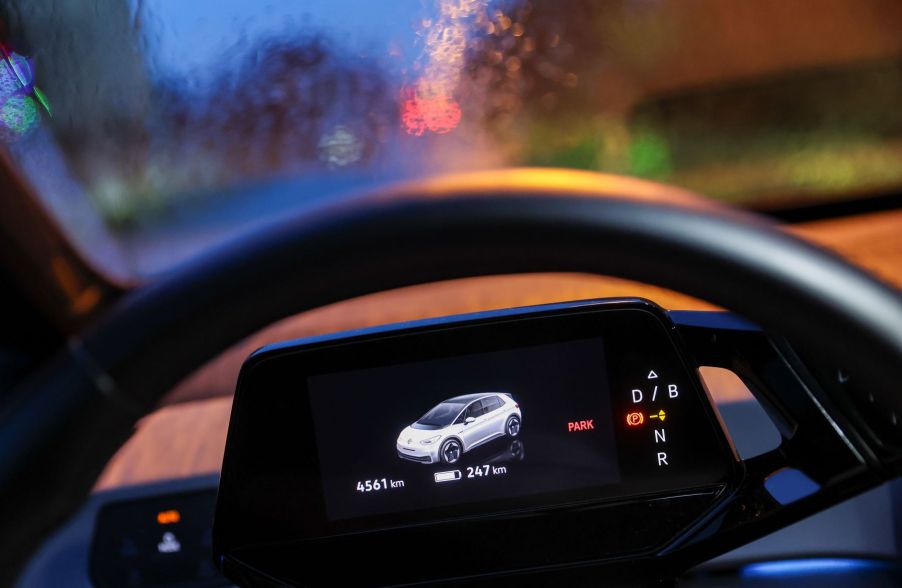
What Is an EV Range Extender and How Does It Work?
Modern electric vehicles (EVs) are great if you never need to drive farther than their battery can propel you. Imagine your EV runs out of charge and being stranded in the middle of nowhere. In a gasoline-powered vehicle, you could get roadside assistance, or a good friend, to bring you a couple of gallons of gas, but EVs do not have this luxury. Is an EV range extender the answer?
What is an EV range extender?

An article on U.S. News describes a phenomenon they call “Range Anxiety,” which causes people to feel anxious when straying too far from an EV battery charging station. In the past, EV automakers combatted this fear by equipping their electric vehicles with small gasoline-powered generators that charge depleted battery banks on the go. However, gasoline-powered EV range extenders became less advantageous and prevalent with the introduction of extended-range EV batteries available in most electric cars today.
Some confusion surrounds the differences between plug-in hybrid vehicles and EVs equipped with range extenders, as both use a combination of electric and gasoline inputs. A simple explanation is that a plug-in hybrid uses its gasoline engine as its primary power source with some help from its electric motor(s). In contrast, an EV equipped with a range extender uses its onboard battery pack for primary power and only uses the range extender’s internal combustion engine to generate electricity when the battery pack runs low.
Which electric vehicles use range extenders?
The only range extender EV available in the United States is the Karma GS-6. The GS-6 uses a turbocharged three-cylinder BMW engine to provide additional electric power to its 536-horsepower electric drivetrain. The Karma GS-6 has a range of 380 miles, gets 70 MPGe on city streets and highways, and boasts a 34-minute charge time.
The 2021 BMW i3 was another EV available with an optional gasoline-powered range extender in the past. The i3 benefits from the additional range extender to increase the dismal 102 highway and 124 city mile range supplied by its 2017-era 90Ah battery.
While range extenders became less beneficial to modern electric passenger cars due to advancing battery technology, U.S. News reports upcoming electric pickup trucks like the Ram 1500 and the Ford F-150 Lightning will offer some form of an EV range extender.
Are EV range extenders here to stay?
Typically, EVs equipped with range extenders have subpar range estimates based on their electric-only modes. The BMW i3 tops out at 124 miles on battery power alone but adding the two-cylinder gas range extender increases that range by up to 100 miles.
The Karma GS-6’s range is only 80 miles but jumps to 360 miles with the range extender. This extra range comes with a financial cost when buying gas at the pump and contributes to your carbon footprint, something most EV drivers try to avoid.
However, keeping the ability to add miles to your EV when stranded easily is a safety consideration. Additionally, as pickup trucks filter into the next wave of EVs, range extenders may be the difference that allows them to replace the gasoline and diesel workhorses that came before.



